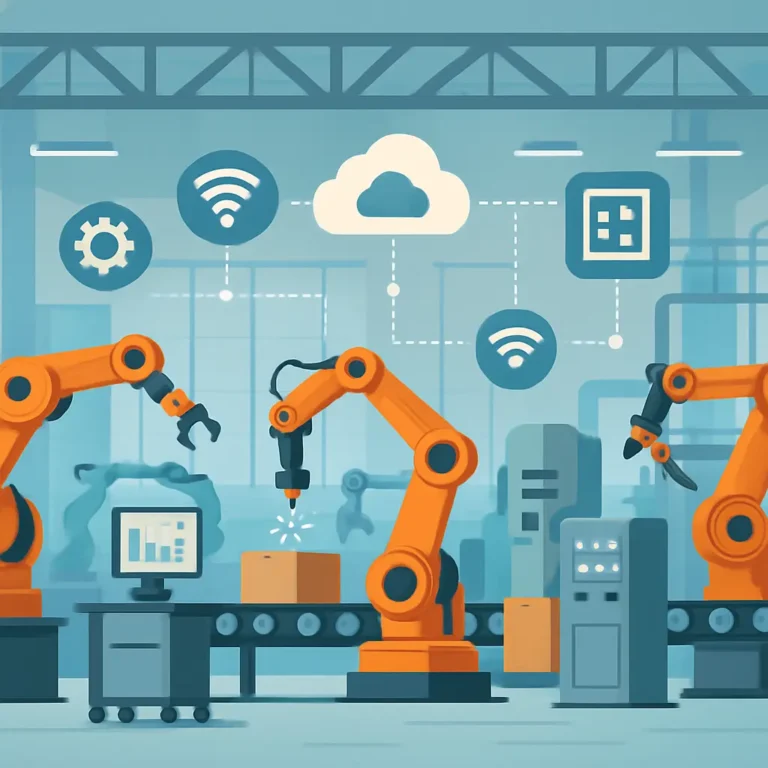Digital Twins and Industry 4 0 Explained
Introduction Digital twins are transforming industries. They are virtual replicas of physical assets, systems, or processes. These digital models are key to optimizing performance and efficiency. Industry 4.0 marks the fourth industrial revolution. It is characterized by smart technology and automation. Digital twins play a crucial role in this transformation. The integration of digital twins with Industry 4.0 technologies is reshaping how businesses operate. They enable real-time monitoring and predictive maintenance. This reduces downtime and operational costs. Digital twins are not limited to one sector. They are used in manufacturing, healthcare, urban planning, and more. Their applications are vast and varied. These digital models allow for scenario simulation. This improves decision-making and risk management. Businesses can test ideas without physical constraints. The rise of digital twins is driven by advancements in AI, IoT, and big data. These technologies enhance their capabilities. They provide seamless data exchange and analysis. Digital twins are paving the way for smart factories. They enhance production capabilities and innovation. The future of industries is digital. Embracing digital twins is essential for staying competitive. They offer new business models and revenue streams. The journey towards digital transformation is underway. Understanding Industry 4.0: The Fourth Industrial Revolution Industry 4.0 is reshaping the landscape of modern business. Known as the fourth industrial revolution, it encompasses a range of advanced technologies. These technologies transform traditional manufacturing and industrial practices. At its core, Industry 4.0 aims to create smart factories. These factories boast a fully connected and flexible production environment. Automation and data exchange sit at the heart of this vision. Industry 4.0 is characterized by several key elements. They include the Internet of Things (IoT), automation, and cyber-physical systems. These elements work together to enhance efficiency and innovation. Key features of Industry 4.0 include: Automation and robotics Internet of Things (IoT) Big data and analytics Cyber-physical systems Cloud computing These technologies enable seamless integration across all operations. Real-time data becomes actionable, driving informed decisions. The potential for smarter, leaner, and more customized production is immense. …
